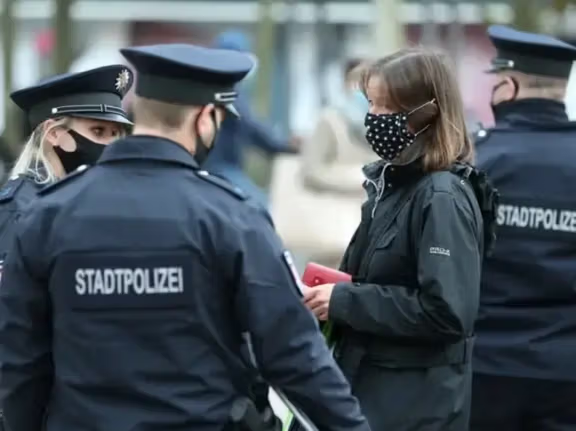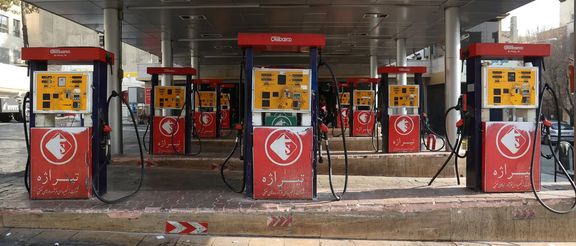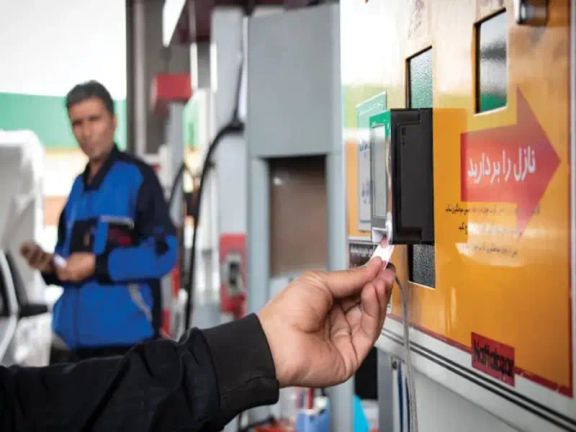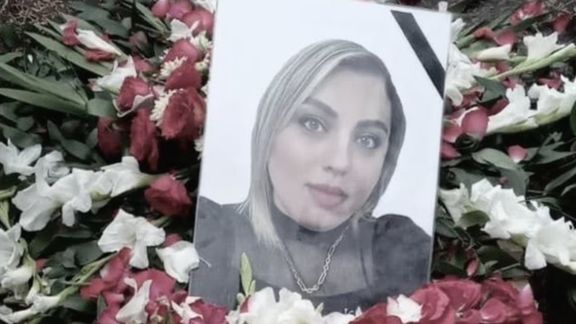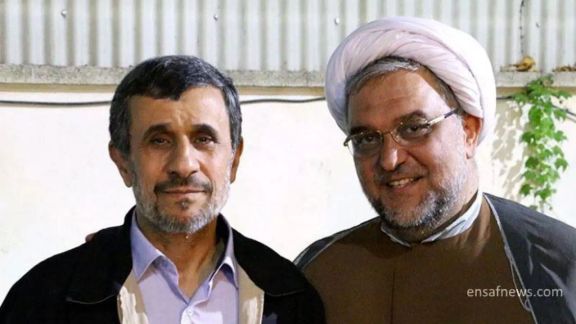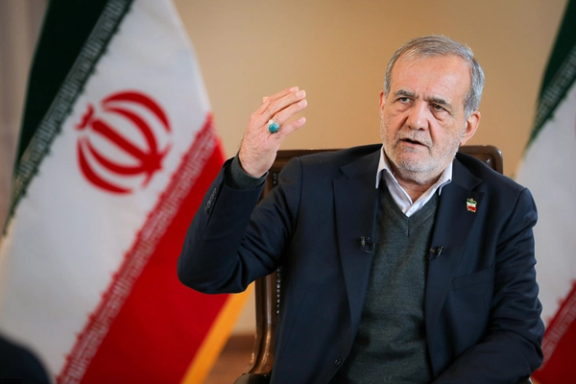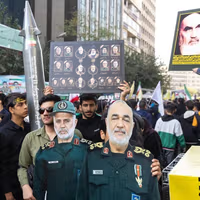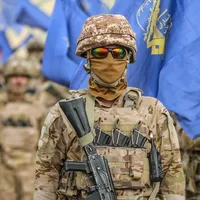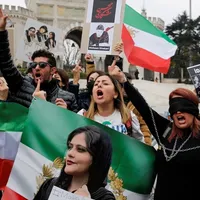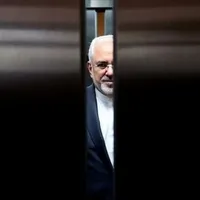The incident, which occurred on Saturday night at an abandoned brewery site, is being investigated as a politically motivated crime with deep ties to Tehran’s repressive government, according to a report by Der Spiegel.
Witnesses, alarmed by the victim’s screams, alerted the authorities, who responded quickly. IKZ reports that emergency services found the victim tied up and severely abused. He was immediately rushed to a hospital, but the full extent of his injuries has not been disclosed.
The attackers fled the scene, but law enforcement, including a helicopter and multiple patrol units, initiated a rapid search and apprehended four suspects—aged 24, 34, 42, and 46—shortly after in a nearby forest. One of the suspects sustained injuries while attempting to evade capture.
Spiegel and WDR report that all four men are believed to be ardent supporters of the Islamic Republic, underlining the political nature of the attack.
According to information obtained by Spiegel, the 30-year-old victim, an Iranian refugee who had fled persecution back home, was targeted due to his outspoken opposition to the Islamic Republic. The alleged perpetrators—four men with alleged loyalty to the Islamic Republic—sought to "sexually humiliate" and silence him, according to German authorities.
'Sexual humiliation'
"Based on the current state of knowledge, the victim should above all be humiliated," said Michael Burggräf, the prosecutor of Hagen in North Rhine-Westphalia, highlighting the intent behind the attack: to silence dissent through sexual violence. "The attack was primarily intended to sexually humiliate the victim."
The German prosecutor's remarks reinforce the suspicion that the assault was more than a mere political dispute and was rather an orchestrated act of brutality meant to break the spirit of a dissident.
This act of violence is being seen as an extension of the Islamic Republic’s long-standing campaign of intimidation and repression against dissidents, even beyond Iran’s borders.
The clerical government has a well-documented history of targeting its critics and defectors, often using extreme measures to silence opposition. The brutal nature of the latest assault echoes the tactics employed by Iran’s intelligence apparatus, which has been linked to various forms of violence and coercion against dissidents in Europe.
Dozens of assassinations have been attempted ever since the 1979 Revolution, often involving non-Iranians that help those who order the attacks deny complicity.
In June, another Iranian dissident escaped an assassination attempt in the Netherlands in what seemed to be yet another sign of Iran’s resolve to silence voices of dissent outside the country. The targeted dissident, Siamak Tadayon Tahmasebi, was singled out in an Iranian intelligence press release last summer, accused of leading a “terrorist” ring inside Iran from exile. On 6 June, Tahmasebi noticed two men attempting to enter his home near Amsterdam. He alerted the police, who arrived in time to arrest the armed intruders.
In May, Israeli and Swedish intelligence agencies revealed that criminal gangs operating on Iran’s behest were behind several terror attacks on Israeli embassies in Europe.
Over the past few years, Iranian journalists working outside Iran have become a prime target for Tehran's campaign of terror and intimidation. Iran International presenter Pouria Zeraati was stabbed outside his home in south London in March but survived with injuries to his leg. Investigations into the crime suggested that the three suspected assailants were recruited in Eastern Europe and flown to the UK to "intimidate" Zeraati. Also in June, another Iran International reporter, Mehran Abbasian, had to be moved to a secure location following threats to his life.
The threats against Iran International staff have become a recurrent issue, stemming back to 2022. The threats reached a climax with the UK's MI5 saying it could no longer protect the team, forcing a temporary relocation to the US.
